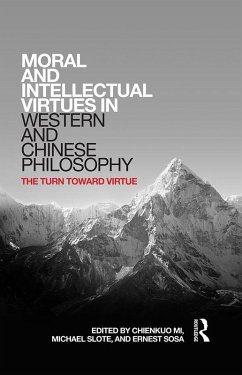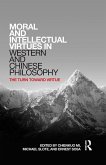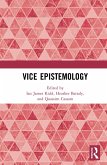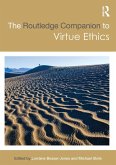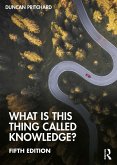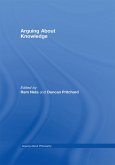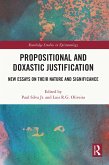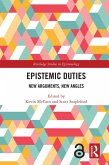This is the first book to bring together Western and Chinese perspectives on both moral and intellectual virtue. Editors Michael Slote, Chienkuo Mi, and Ernest Sosa have assembled some of the world's leading epistemologists and ethicists-located in the U.S., Europe, and Asia-to explore in a global context what they are calling, "the virtue turn." The 15 chapters have never been published previously and by covering topics that bridge epistemology and moral philosophy suggest a widespread philosophical turn away from Kantian and Utilitarian issues and towards character- and agent-based concerns.
Dieser Download kann aus rechtlichen Gründen nur mit Rechnungsadresse in A, B, BG, CY, CZ, D, DK, EW, E, FIN, F, GR, HR, H, IRL, I, LT, L, LR, M, NL, PL, P, R, S, SLO, SK ausgeliefert werden.

